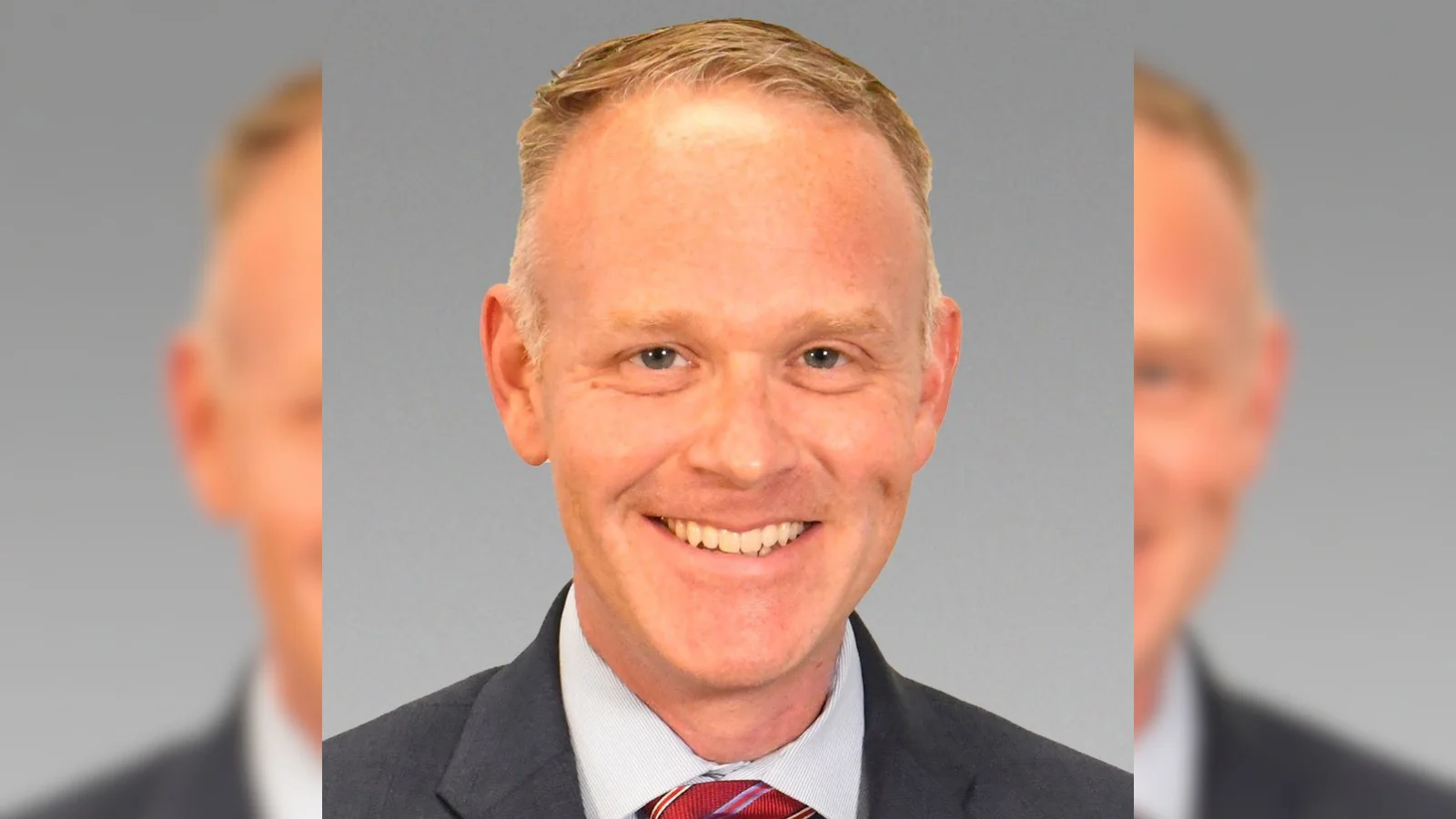Chris Hoff, executive director of the Lake County Health Department and Community Health Center | Lake County
Chris Hoff, executive director of the Lake County Health Department and Community Health Center | Lake County
Lake County has announced National Lead Poisoning Prevention Week, scheduled for October 19–25, 2025. The initiative aims to raise awareness and promote strategies to reduce childhood lead exposure.
According to Lake County officials, lead exposure poses significant health risks, particularly for pregnant women and children under six years old. Lead is a toxic metal that can be inhaled or swallowed, potentially affecting a child's brain, nervous system, hearing, speech, learning abilities, and behavior. Children may ingest lead dust by mouthing toys, soil, and other contaminated objects. Parents concerned about lead in their homes are encouraged to have their children tested with a blood lead level (BLL) test. If the BLL is 3.5 micrograms per deciliter or higher, the Health Department’s Childhood Lead Program offers follow-up testing and guidance on reducing exposure levels. These services are available for children from six months to 16 years old and pregnant women.
Homes constructed before 1978 may contain lead-based paint. Additionally, older or imported items such as toys, furniture, jewelry, spices, candy, makeup, and pottery might also contain lead. To mitigate exposure risks, Lake County recommends using a lead check kit or hiring professionals for removal. Regular hand washing for children and cleaning surfaces with detergent are also advised.
"Children under the age of six are most at risk of lead poisoning as their bodies absorb more lead than adults," said Chris Hoff, Executive Director of the Lake County Health Department. "Lead poisoning is 100% preventable."
The Lake County Health Department and Community Health Center emphasize their commitment to assessing community health needs and developing policies aimed at improving public health outcomes. The department monitors health trends and investigates potential risks while educating the public and building community partnerships. It also enforces health regulations and connects residents with necessary care services.






 Alerts Sign-up
Alerts Sign-up